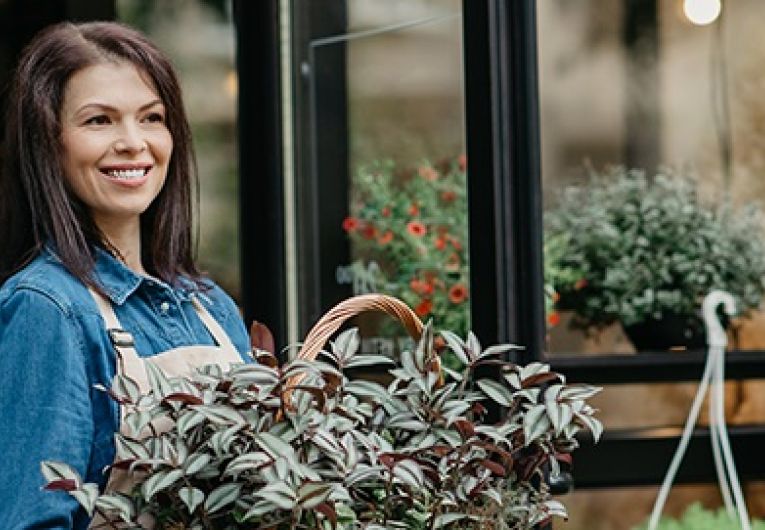
Always Be Closing
In grade school, the ABCs were your key to unlocking the mystery of reading. As a small business owner, the letters take on a different meaning and unlock the key to more sales. ABC stands for “always be closing” and it’s the point when you ask your customer to buy. But today’s owners understand that it’s not just a one-time event. It starts with your first contact and continues throughout your relationship with the customer. Take a look at how you can use this technique to grow your small business sales.
Closing is about gaining a commitment to buy. Unlike the stereotype of used car salesmen who snare first-time buyers, the goal is to build a relationship, not force a sale. The result is a lifetime of sales rather than a one-time event. Consider these ideas to help you develop your closing skills.
- Start with the Process, Not the Sale – Today’s consumers don’t want to be sold. They’re looking for information to solve a problem. So closing starts with establishing yourself as a trusted resource. Provide information that your customers find useful. For example, a hardware store might use their Facebook page to give tips on weatherproofing your front door. That starts the process by establishing the relationship first. The sale will come later.
- Ask Questions Before You Ask to Buy – You might offer a wide variety of products but if you don’t know what your customer needs, you won’t know which one to sell. So ask questions first. That same hardware store owner might ask, “Tell me about the home improvement project you’re working on.” Open-ended questions like this give you the information you need to understand the problem and offer viable solutions.
- Prepare for Objections – Responding to a customer’s objections is another step in the closing process. You might hear it in comments like: “I can’t afford it,” “I want to think about it,” or “I don’t like it.” Show you’ve listened by acknowledging their concern before offering a response. Check to be sure that your response actually answers their concern. Use a phrase like, “Does that makes sense?” If it doesn’t, you need to provide more information.
- Ask for Commitment – Remember that closing is about gaining a successive series of commitments. Ultimately that leads to asking the customer to buy—Can I place your order? or Are you ready to checkout? But it can also mean committing to a future action, like agreeing to come back next month when the new shipment arrives. Another important action might be referring a friend to your business. This referral can be the beginning of a new close with a future customer.
Today’s closer focuses on relationships first. It might mean your sales cycle is longer, but it’s more likely to produce repeat sales from the same customer. And that is likely to produce long-term results for your small business.
The trends, insights, and solutions you need to grow your business.
By signing up, you’re subscribing to our monthly email newsletter, The
Wire. You may unsubscribe at any time.
Your information stays safe with us. Learn more about our privacy
policy.











![[#MSP_NAME#] Logo](/themes/sparklight_business/images/transition-logos/migration-banner-logo-[#MSP_CD#].png)
